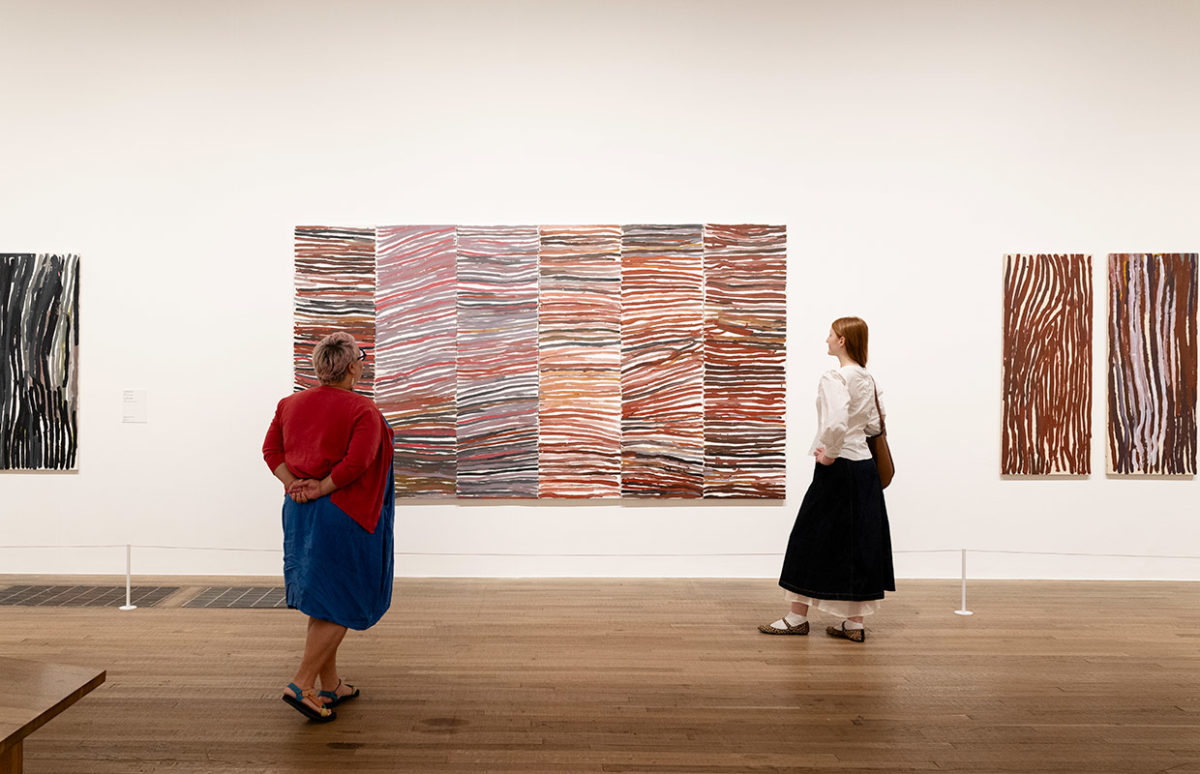
The rooms of the Tate Modern are filled with the monumental art of Emily Kam Kngwarry, who depicted the life and beliefs of her Indigenous community in Australia’s Northern Territory. Kngwarry came late to art and spent the last eight years of her long life producing giant paintings which are now considered the forefront of … Continue reading “First Australian Art”
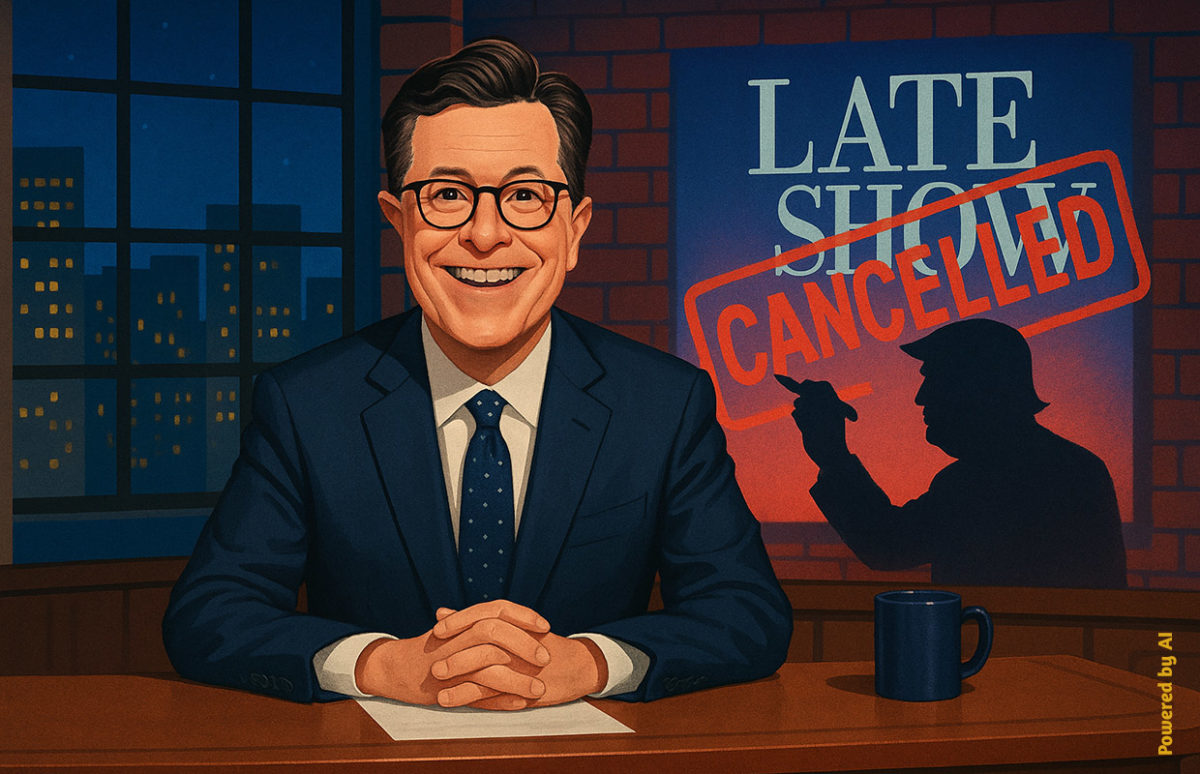
Late-night comedy shows have been a fixture of American TV since the 1950s. A mix of satire, comedy, music and celebrity guests, they are known for their criticism of politics and those in the public eye. It came as a shock to audiences when Stephen Colbert, host of the long-running The Late Show, announced in … Continue reading “No More Late Show”

Sir David Attenborough has spent almost seven decades making remarkable documentaries about the natural world which have been watched around our planet. At age 99, his latest film aims to show how our oceans have been impacted by human activity, and how innovative projects can successfully revive them. Sir David Attenborough has fascinated viewers around … Continue reading “Ocean with David Attenborough”
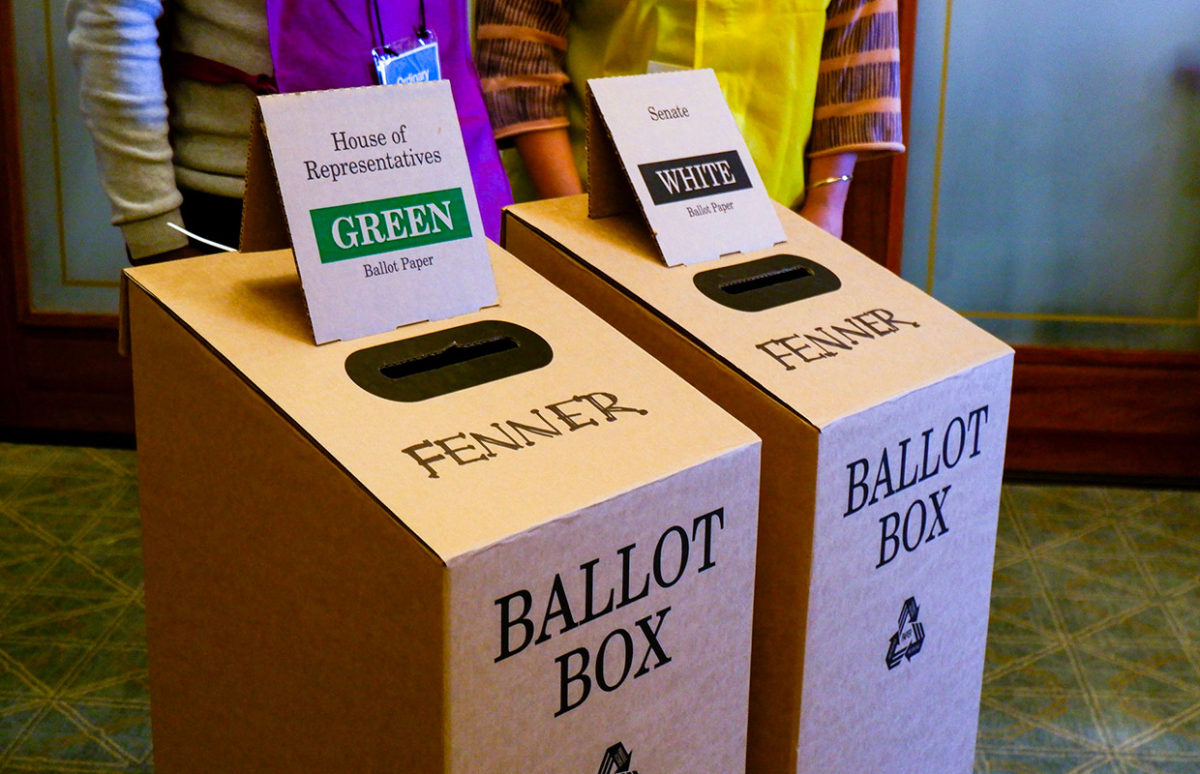
Australia’s Prime Minister, Labor’s Anthony Albanese, has called a federal election for 5 May. Labor currently has a slim majority in parliament. Opinion polls put Labor neck and neck with the Liberal-National coalition led by Peter Dutton. Federal elections have to be held every three years, and the latest possible date for this election was … Continue reading “Australian Election Called”

The Mississippi is in the spotlight in April at the Institut Franco-Américain in Rennes. A talk and a documentary film explore the river. On 1 April, Hervé Nicolas, recently retired researcher from l’Institut Agro Rennes-Angers, will give a talk about the effects of climate change on the fourth longest river in the world. On 3 … Continue reading “Down the Mississippi”
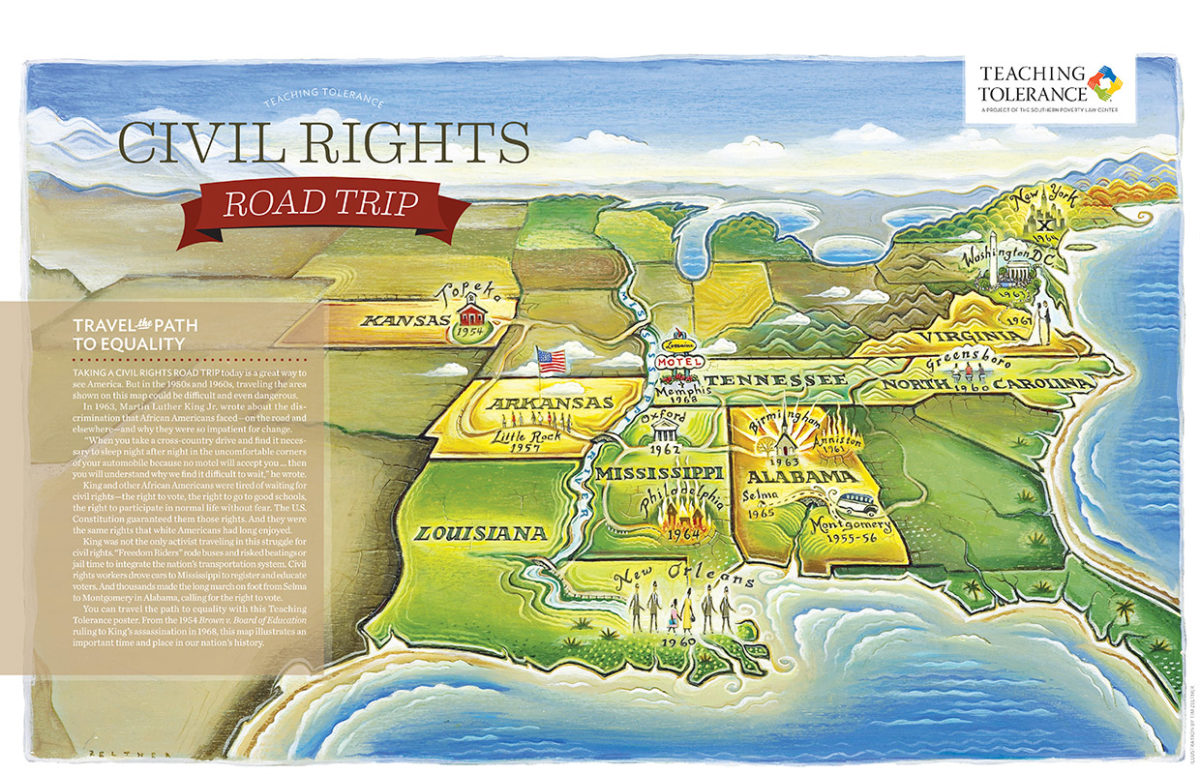
What about a Civil Rights Trail Map to commemorate and remember this decade-long fight to reach equality? The map and website studied here offer a geographical exploration of the period rather than a more common and historical one, a good means for your B1-B2 students to see the Civil Rights movement from a different perspective. Vocabulary … Continue reading “Civil Rights Map”
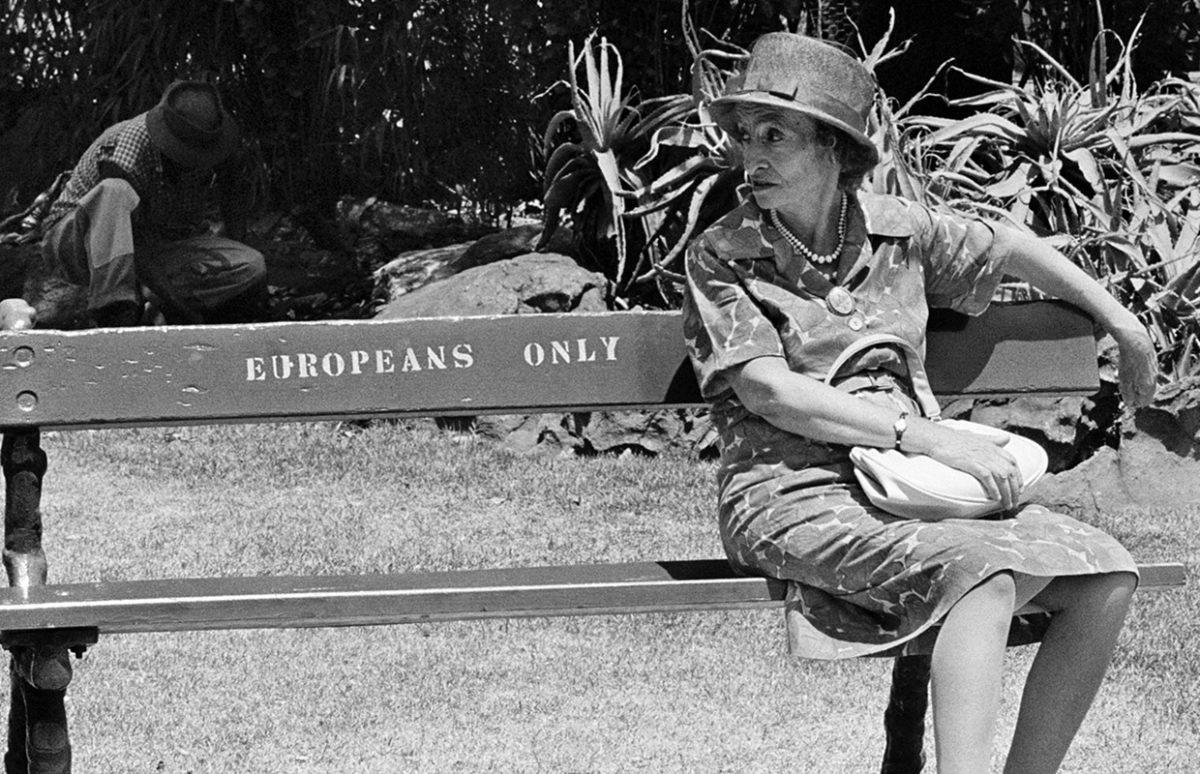
Ernest Cole spent the early part of his life photographing his life in South Africa as a black man under apartheid in the 1950s and 60s. He was able to publish some at the time but many waited until he felt forced into exile in the U.S.A. His book of his photos House of Bondage … Continue reading “Ernest Cole Photographing Apartheid”
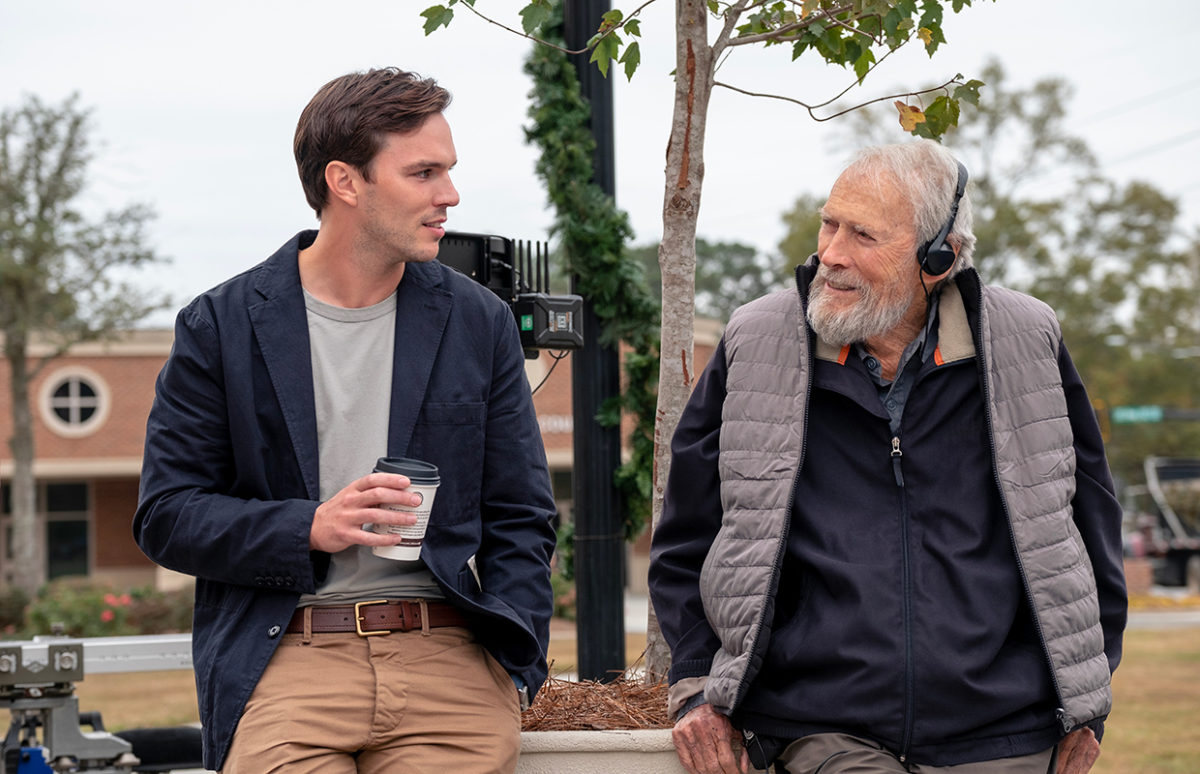
At 94, Clint Eastwood returns with Juror No. 2, a legal thriller that could mark the end of his prolific career. This 40th film explores the moral dilemmas of a juror who discovers his possible involvement in a crime. The limited release of the film in the United States (about fifty theaters and minimal promotion) … Continue reading “Clint Eastwood’s ‘Juror No. 2’: A Final Dilemma”
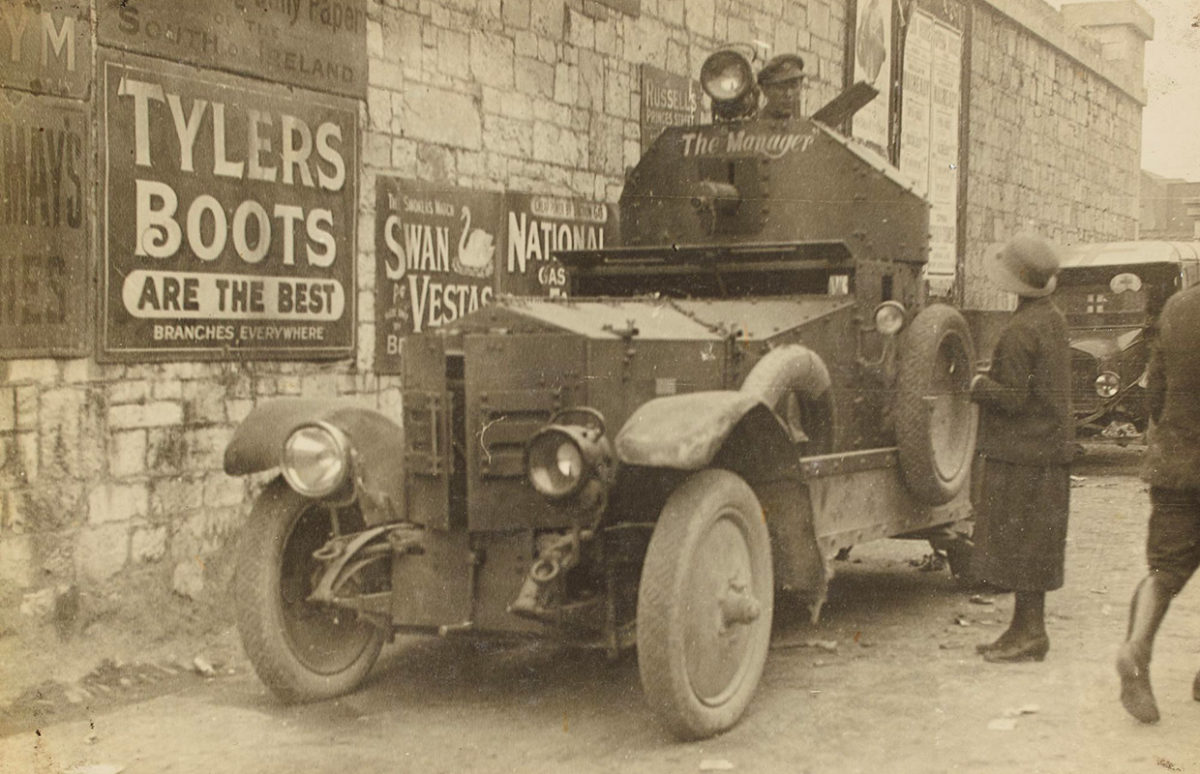
This online exhibition offered by the Centre culturel irlandais in Paris will give pupils an insight into the turbulent history of Irish independence. These B1+/B2 texts are a means for your students to better understand Ireland’s troubled history while learning / revising the lexical fields of war and violence. This resource could either be used … Continue reading “Irish Independence: Online Exhibition”
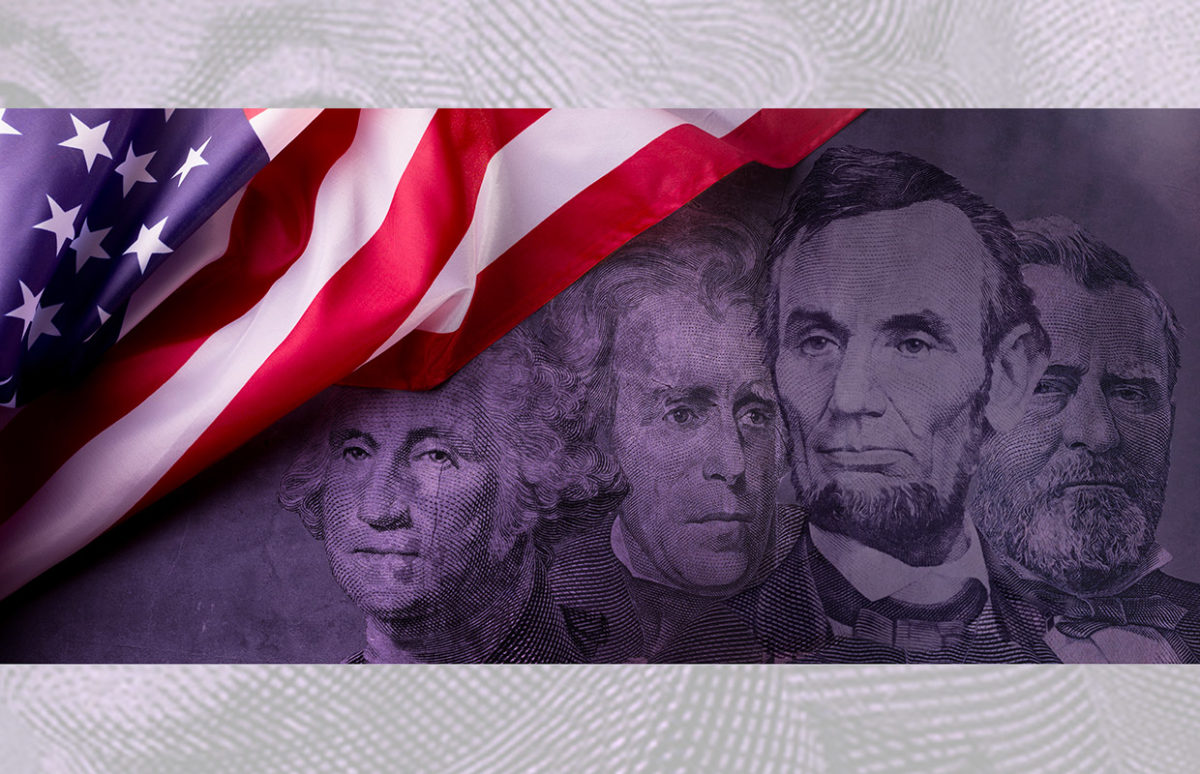
On the third Monday in February, Americans celebrate Presidents’ Day, in honour of all 46 Presidents but especially George Washington and Abraham Lincoln. A good time to brush up on what qualifications you need to be President. Today’s Presidents’ Day grew out of individual celebrations of George Washington’s birthday on 22 February and Abraham Lincoln’s … Continue reading “Remembering Presidents”














